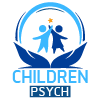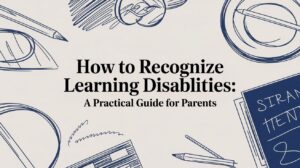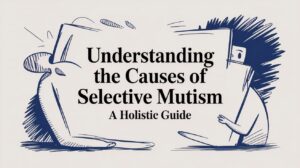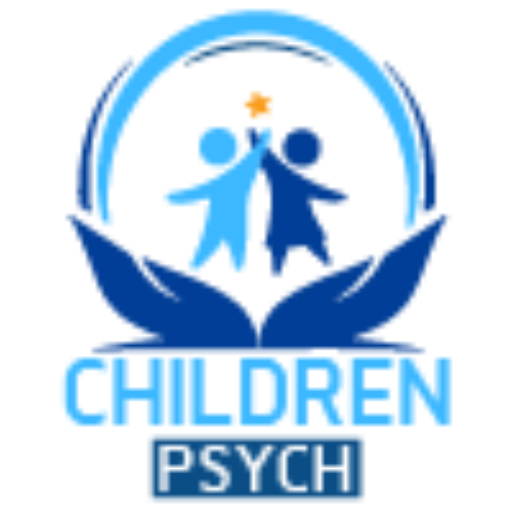Anxiety disorders are the highly prevalent mental health disorders in the United States, affecting 40 million adults age 18 and older, or 19.1% of the population every year. Anxiety disorders are highly treatable, yet only 43.2% of those suffering receive treatment.
Additionally, about 7% of children aged 3 to 17 years experience anxiety each year. But for children, anxiety can be especially tough to deal with. That is because their brains are still developing, and they may not have the ability to understand or cope with stressful situations as well as adults can.
What Are the Common Childhood Worries
There are certain things that can cause anxiety in children. Some everyday childhood worries include:
- school performance and tests
- fitting in with friends and classmates
- bullies or mean kids
- family conflict or divorce
- parents getting sick or dying
- natural disasters or other scary events
- separation anxiety when apart from parents or caregivers
- fear of loud noises
- fear of animals
- stranger anxiety
What Signs and Symptoms in Children With Anxiety
There are a number of signs and symptoms that may be indicative of an anxiety disorder in children. Symptoms of anxiety in children can vary depending on their age and the type of anxiety they’re experiencing. But in general, anxiety symptoms in children may include:
- feeling irritable or cranky
- having trouble sleeping
- not being able to concentrate
- being easily frustrated
- avoiding things that make them anxious
- feeling worried or scared
If your child is experiencing any of these symptoms, it’s essential to talk to their doctor. They can help you figure out if your child’s anxiety is normal or something more serious.
What Are the Types of Childhood Anxiety
Several types of anxiety disorder can affect children, each with its unique set of symptoms. Some of the most common include:
Generalized Anxiety Disorder
Generalized anxiety disorder (GAD) is an excessive and unrealistic worry and tension that interferes with a child’s daily activities. Children with GAD may continually worry about things such as school, their safety, or the well-being of family members. They may also show physical symptoms such as headaches or stomach aches.
Separation Anxiety
Separation anxiety is a type of anxiety that occurs when a child is separated from a parent or caregiver. Young children often experience separation anxiety when they are away from their parents, but it can also occur in older children and adolescents. Symptoms may include crying, tantrums, clinginess, and fearfulness.
Panic Disorder
Panic disorder is a recurrent unexpected panic attack. A panic attack is a stage of intense fear or discomfort that typically lasts for several minutes and includes physical symptoms such as heart palpitations, shortness of breath, dizziness, and trembling. Children with panic disorder may also avoid places or situations where they have experienced a panic attack in the past (e.g., riding in an elevator).
Agoraphobia
Agoraphobia is expressed as an intense fear of being in situations where escape might be harrowing or help would not be possible if needed. Children with agoraphobia may avoid going to school or being outside alone for fear of having a panic attack in an uncontrolled setting. As a result, agoraphobia can severely limit a child’s activities and social interactions.
Selective Mutism
Selective mutism is an anxiety disorder affecting a person’s ability to speak in certain social situations, such as school or work. People with selective mutism may be able to speak normally in other situations, such as at home with family or friends. Children with selective mutism may be unable to speak at all in school or may only speak very quietly.
Conclusion
Childhood anxiety can be a debilitating condition that can impact many areas of a child’s life. It is essential to be aware of the different types of anxiety disorders that can affect children, as each can present its own symptoms. It is important to seek professional support if you think that your child has an anxiety disorder. With proper treatment, most children can learn to manage their anxiety and go on to lead happy, healthy lives.
Child Psych provides a licensed pediatric psychiatrist specializing in diagnosing and treating childhood psychiatric disorders. We provide comprehensive evaluations and work closely with parents and guardians to develop individualized treatment plans that focus on the special needs of each child. Let us help you ensure your child gets the care they need to thrive! Schedule an appointment with us today!




